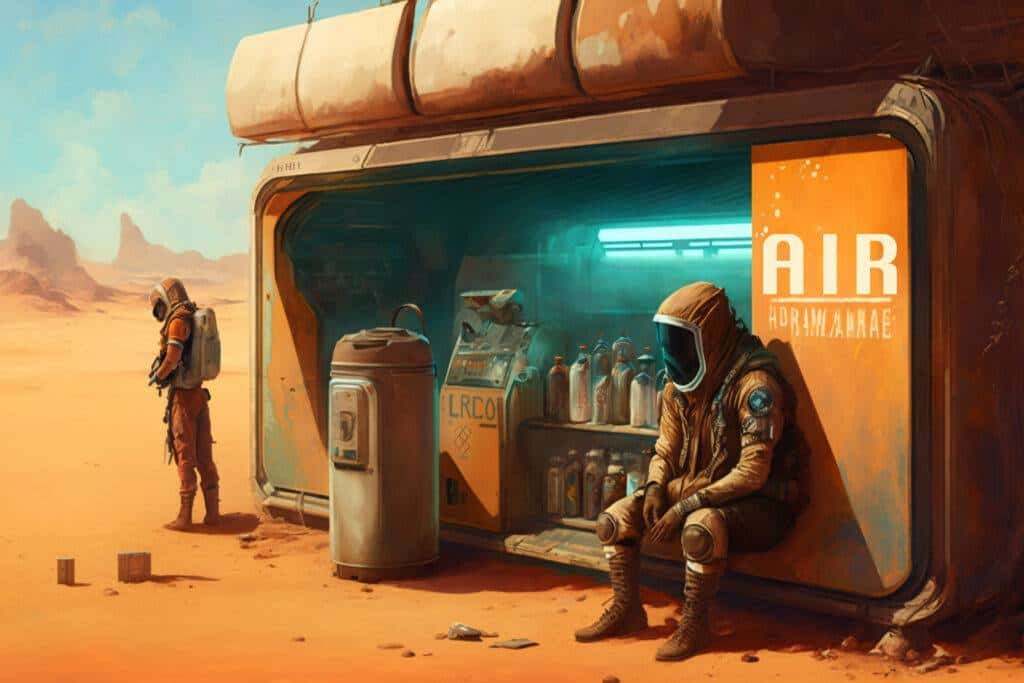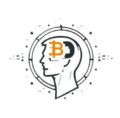
Economics is widely considered by the public as a pseudo-science. I remember even the very little high-school level economics I was taught made little sense. On top of that, I had never witnessed a field of academics where the experts got it so reliably wrong. More often than not, economists would alter their theory to fit the evidence rather than the other way around. For those reasons, I had assumed that money and economics in general was just a man-made mess.
It wasn’t until Bitcoin I delved into a different school of economics, the Austrian School, where the core axioms made sense. The tendency to treat economics like other sciences such as physics or chemistry was the pivotal flaw in modern economics. Economics is a social science. With that meant that the study of human behaviour, not numbers, was what formed the foundation of economics. This was the first time I saw economics as a true academic discipline. Unfortunately, it has been relegated to the past, either by design or by fortune, and is rarely taught in modern economics curricula.
In this series of articles, we’ll introduce some core principles of economics and discuss some key differences between the Austrian and Keynesian school of thought. Hopefully, by the end of this series, you will understand the fundamental issues in how institutions manage a global economy and how a sound money system can be beneficial to society as a whole.
What is Economics?

Scarcity
The starting point is establishing that scarcity exists.4 Why does it exist? Because the human desire to want things is unlimited and the tools and resources to create those desires are not.4 There will always be scarcity in this context where we have wants but limited means to meet those wants.4

Because scarcity exists, we have to constantly make choices about what our limited time and resources are exchanged for and what they aren’t. This is a permanent marker of the human condition and we are always economising.5
Choice and Risk
When humans make choices under the condition of scarcity, there is always an inherent risk.5 They are a part of human existence. Economic decisions are made by evaluating the cost and benefit by each individual.5 For example, imagine you are stuck on an island. You have a set amount of time and resources that you have to allocate in order to survive. It’s your individual judgement that guides the choices you make.6 If someone else was in your position, they will almost certainly not make the same choices but will base it on their own knowledge, skills and situation.6 Neither person is right or wrong in how they choose to economise their time and resources as neither can predict the outcome of their choices. One may survive, they may both survive or they may both perish.
Bearing that in mind, this next bit is important. Economics does not tell us what each individual or institution should or shouldn’t do.5 Economics is understanding that there is cost to our individual decisions and that each individual choice is a valid one.5 This is regardless of whether that choice was to the detriment or benefit of the individual.
Economic & Non-economic Goods

Now that we’ve established the concept of scarcity and risk in economics, let’s talk about some common terms we’ll be using throughout these articles. Defining them can go a long way into your own understanding but also helps you to communicate concepts in economics more fluently.
Goods
A good is something that has utility to the individual.3 Utility is the ability of a good to satisfy a need or want. It could be a good such as a shovel that may satisfy the need to dig the ground in order to grow crops. Similarly, a piece of art could also be considered a good if it satisfies the want of an individual to own an aesthetically pleasing picture.
Non-Economic Goods
Goods that offer utility but are not scarce are considered non-economic goods.3 For example, air is incredibly useful as it allows you to continue living, but because it is not scarce it is not considered an economic good. All economic goods must be scarce.3
Economic Goods
Once a good’s demand surpasses supply, the good becomes scarce and people begin to economise that good.3 This is where all goods produced and sold in markets lie today.
Money: An Economic Good unlike any other
Given the above, we can also understand money as an economic good.7 Money is the most “saleable” good in an economy which means it is the easiest good to exchange for other goods and services. Money, something that can be used to acquire almost any other good or service, could be considered the good that provides the most utility.7
A monetary good is different from other goods due to this immense utility. For example, if you have a mobile phone, it satisfies a specific need. It is unlikely you’ll find a second phone really useful and a third even less. Because you can exchange money for other goods, the demand for money is only limited by your wants[7].
Wealth
Last but not least, Wealth, in the context of economics, is the aggregate of all economic goods owned by any individual, institution or entity.3
Conclusion

Austrian Economics provides valuable insights into the fundamental aspects of human decision-making and economic activity. Scarcity, a cornerstone of this school of thought, emphasizes the importance of understanding the limited resources and time available to satisfy seemingly unlimited human desires.3 This scarcity compels individuals to make choices and constantly economise their resources.4 The role of individual judgment in economic decisions, shaped by personal knowledge, experience, and circumstances, highlights the importance of recognising the costs and validity of individual choice.5
In the next article, we’ll look at the concepts of Value, Price and Cost. These concepts will help you better understand how we make decisions in an economy.
References
- Mankiw NG. Principles of Economics. 8th ed. Boston, MA: Cengage Learning; 2017.
- Stiglitz JE, Walsh CE. Economics. 6th ed. New York, NY: W.W. Norton & Company; 2018.
- Mises, L. von, 1998. Human Action: A Treatise on Economics. Scholar’s Edition. Auburn: Ludwig von Mises Institute.
- Menger C. Principles of economics. Ludwig von Mises Institute; 2007
- Robbins L. An essay on the nature and significance of economic science. Macmillan; 1932.
- Hayek FA. The use of knowledge in society. The American Economic Review. 1945 Sep;35(4):519-30.
- Rothbard MN. What Has Government Done to Our Money? Ludwig von Mises Institute; 2005.
These articles were designed to make these concepts more palatable. If you’re interested in reading a more in-depth perspective on Austrian Economics (a.k.a. economics), consider the following:
Mises Institute. “Economics for Beginners” https://mises.org/economics-beginners
Amous Saifedean. Saylor Academy “Econ103: Principles of Austrian Economics”, https://learn.saylor.org/course/ECON103
Mises, Ludwig Von. Human Action: A Treatise on Economics. Scholar’s Edition 1998
Friedman M. Price Theory. 2011

Ruki is a passionate Bitcoin educator who firmly believes in the principles of the Austrian School of Economics. As a sound money advocate he recognises its benefits to individuals and society as a whole. He is dedicated to empowering those without financial access to take control and build a more secure future.
